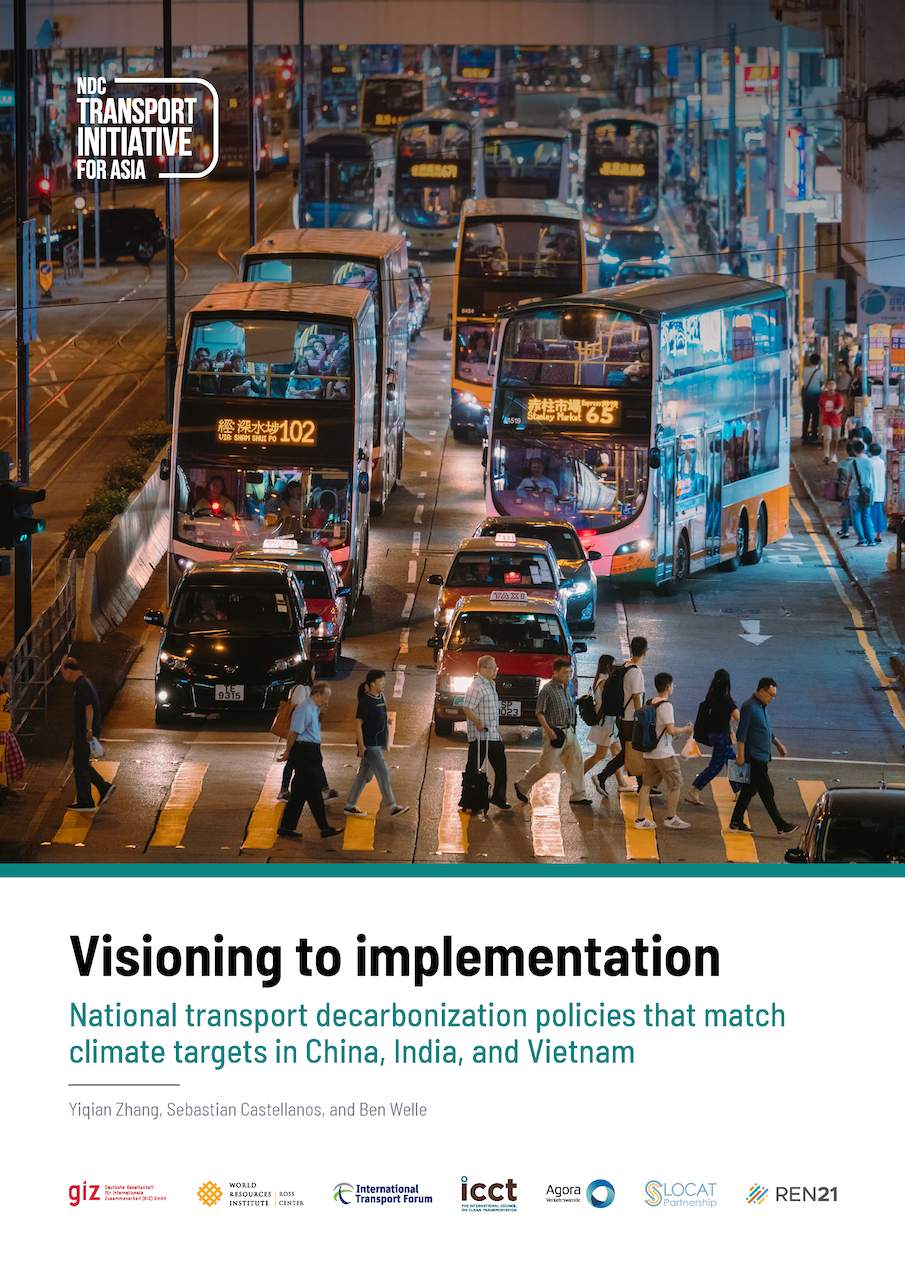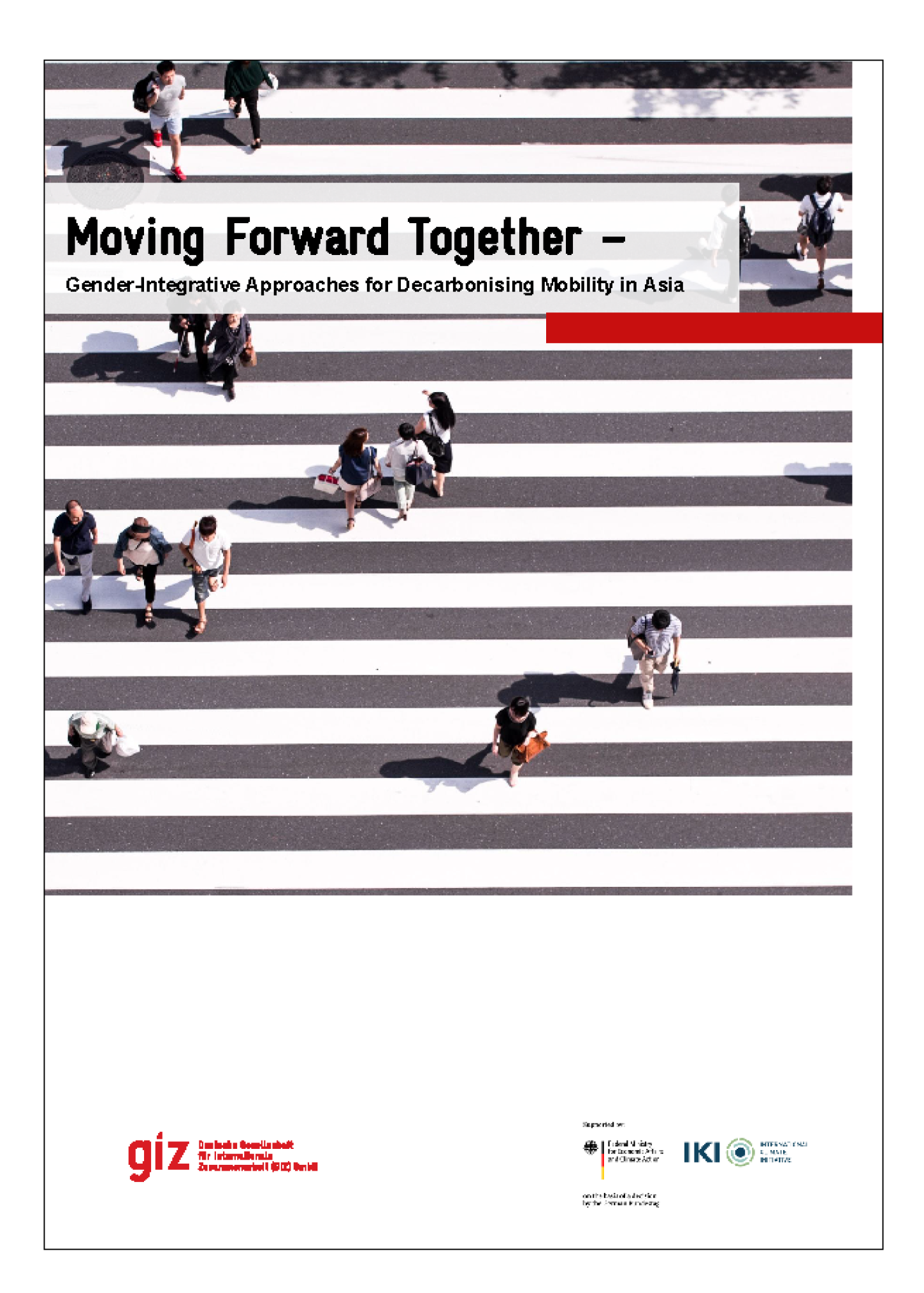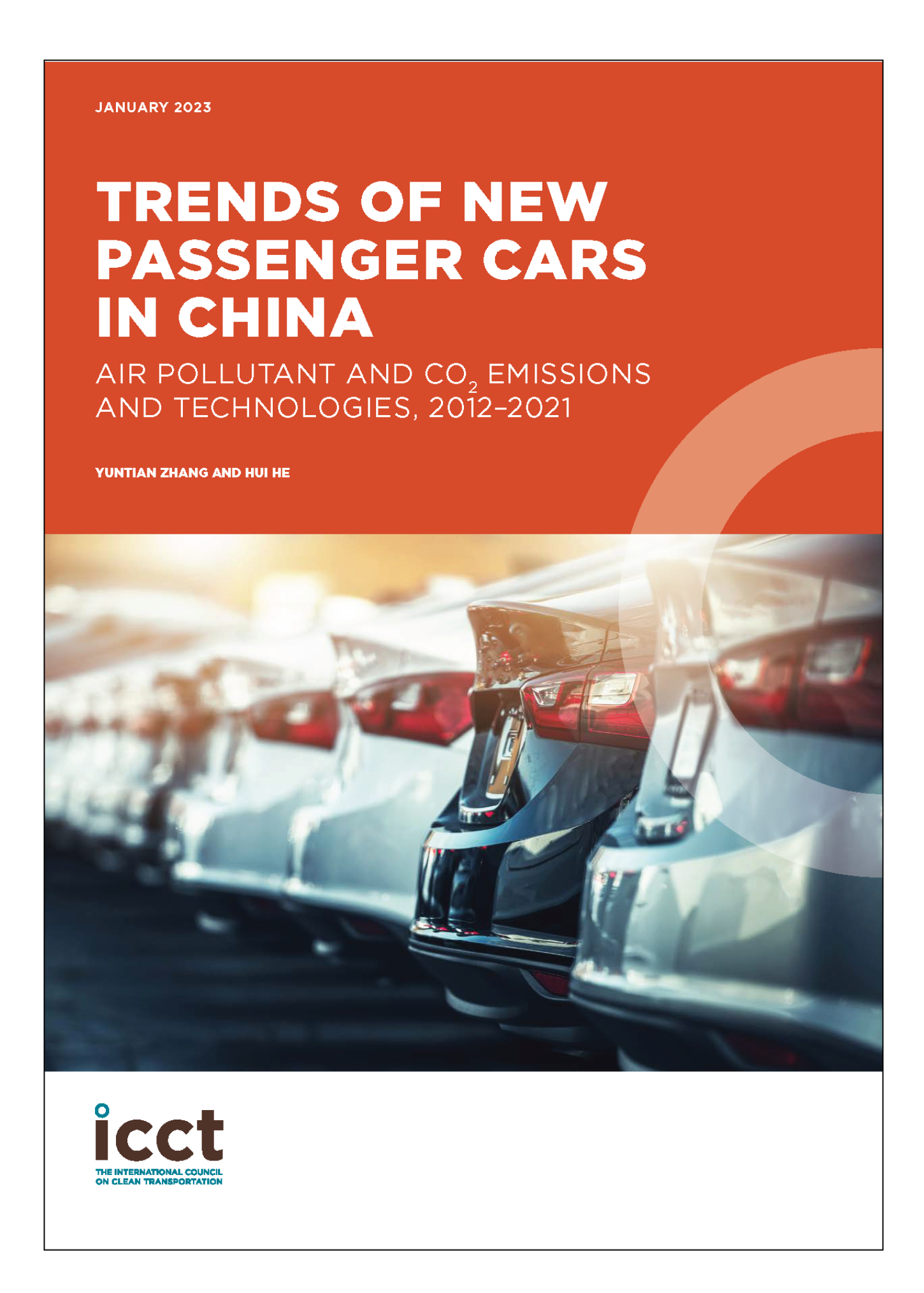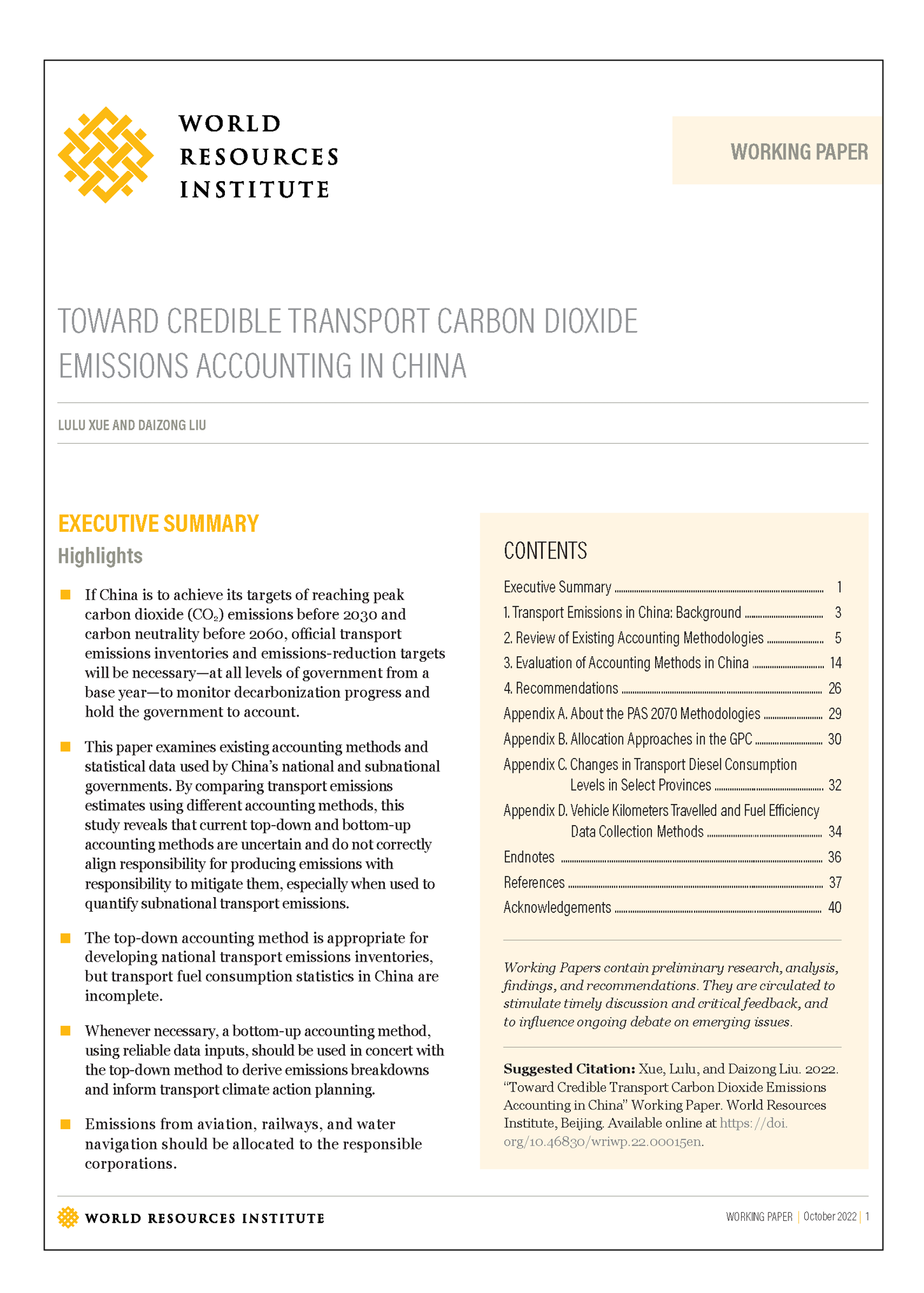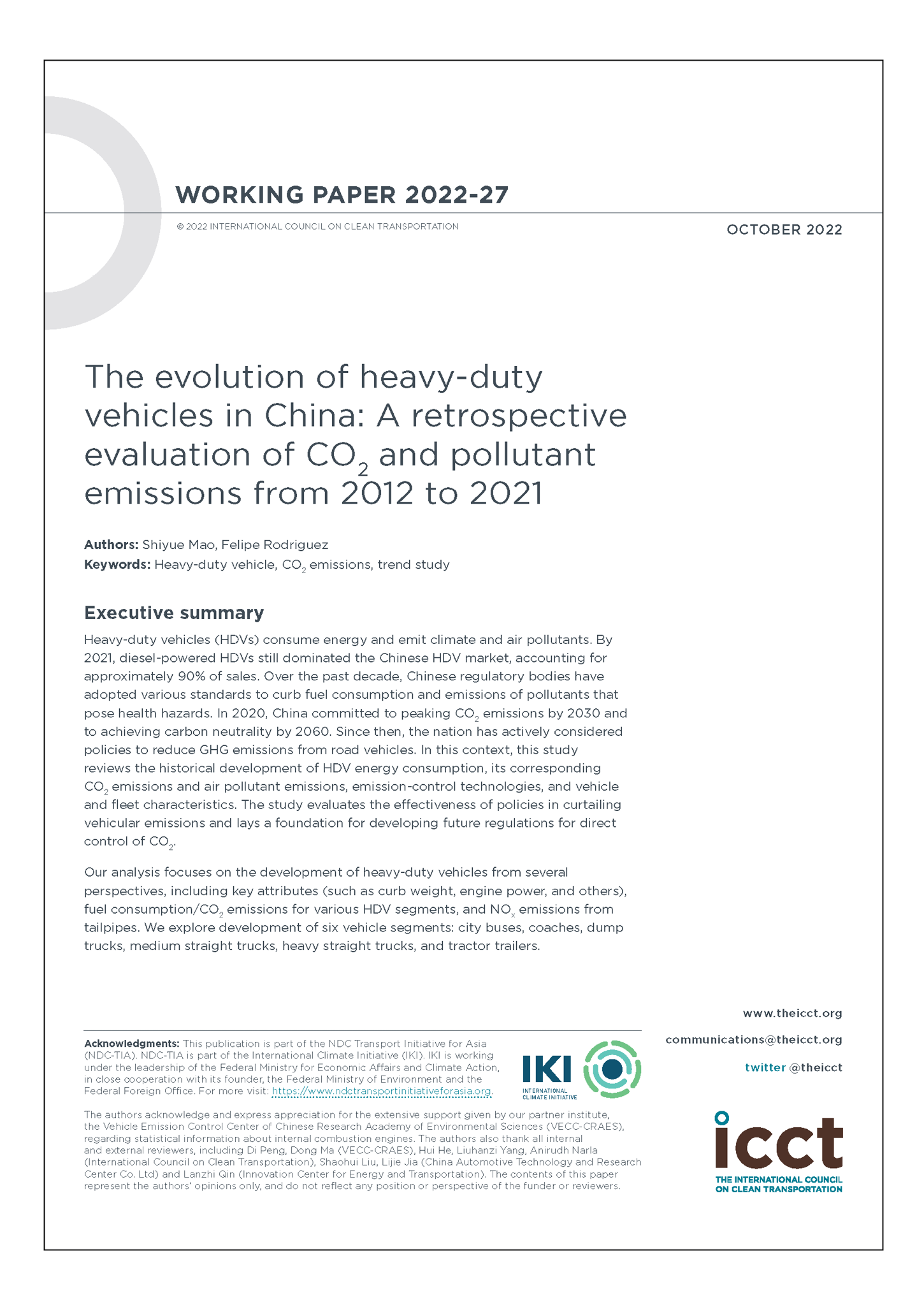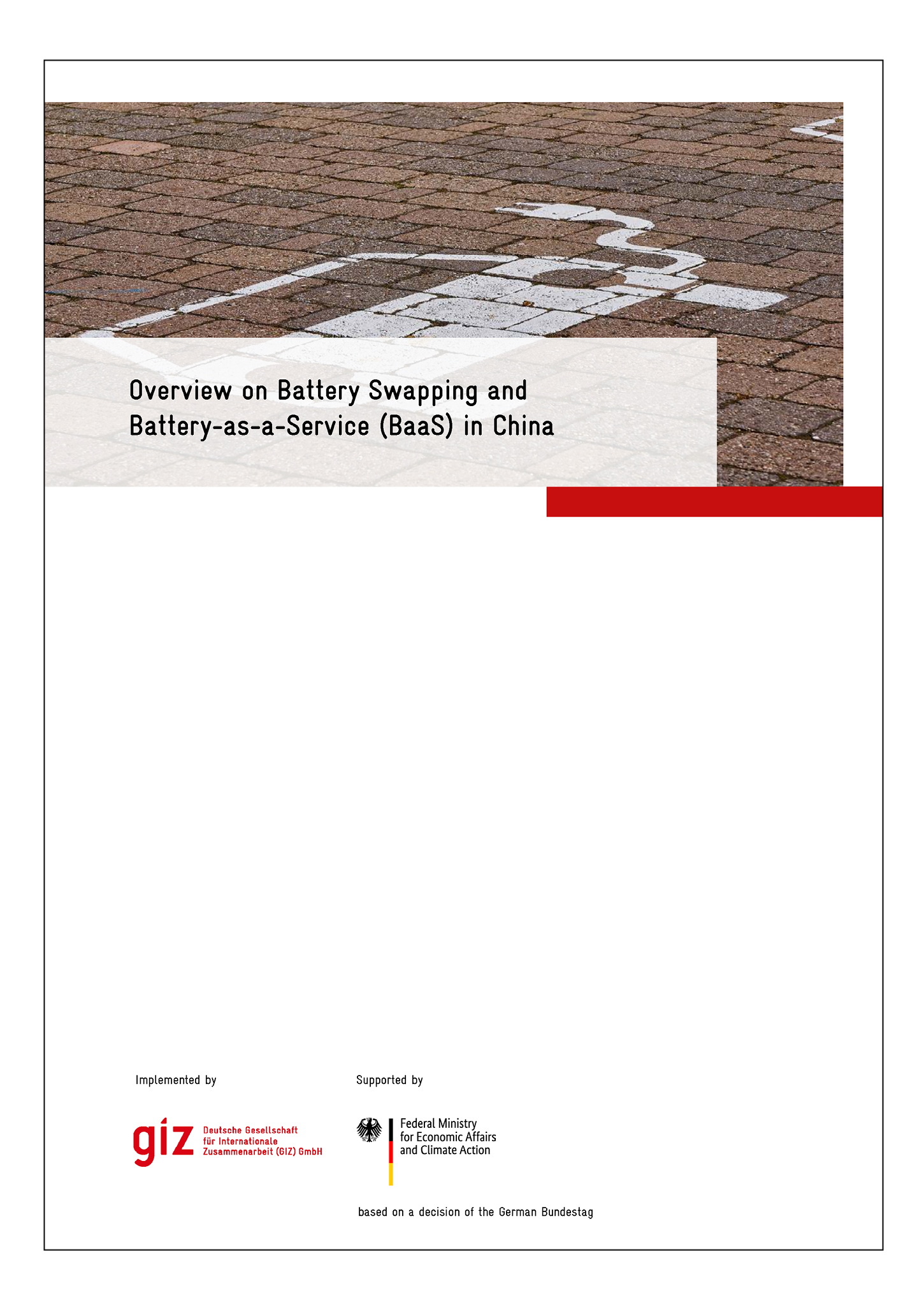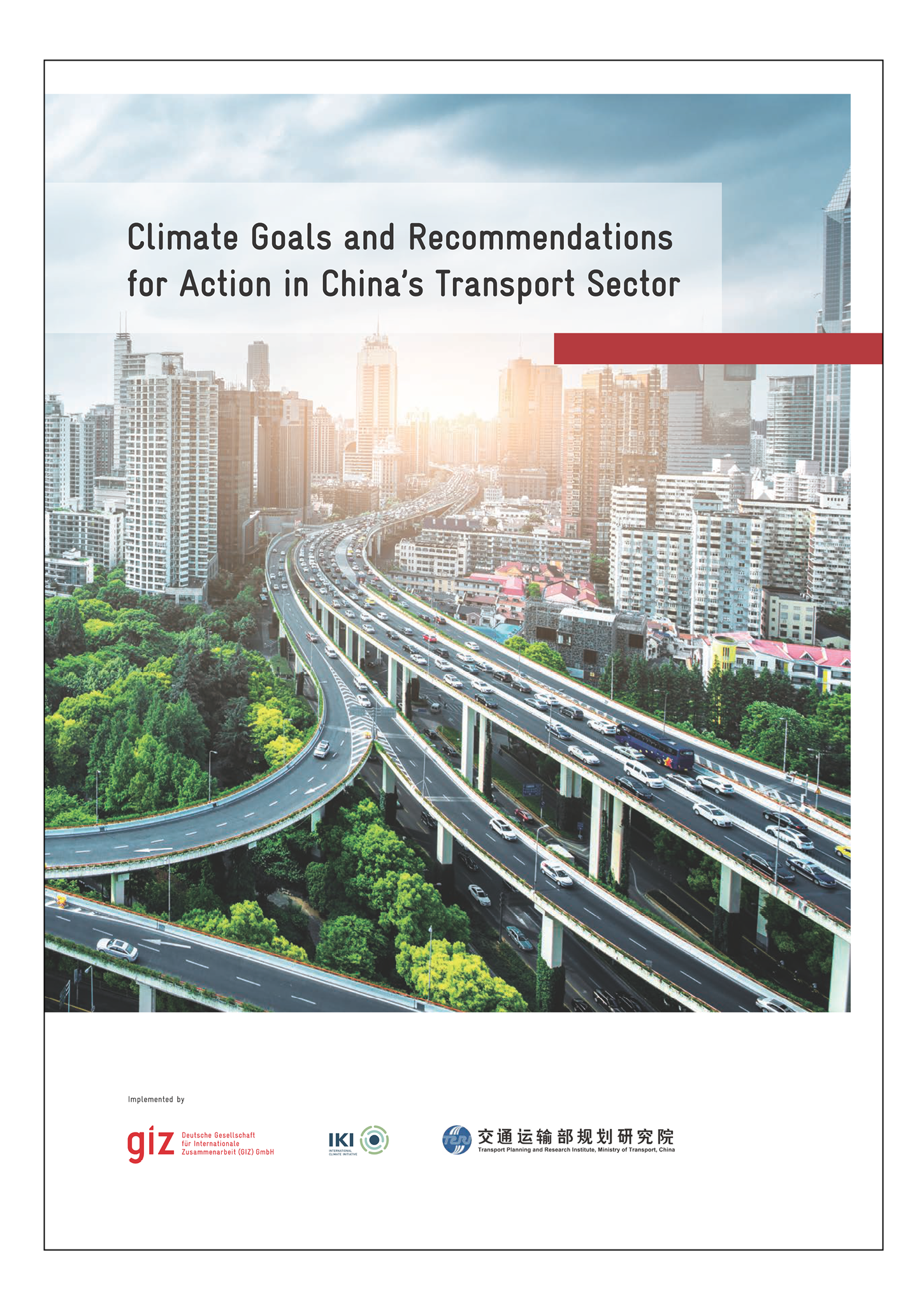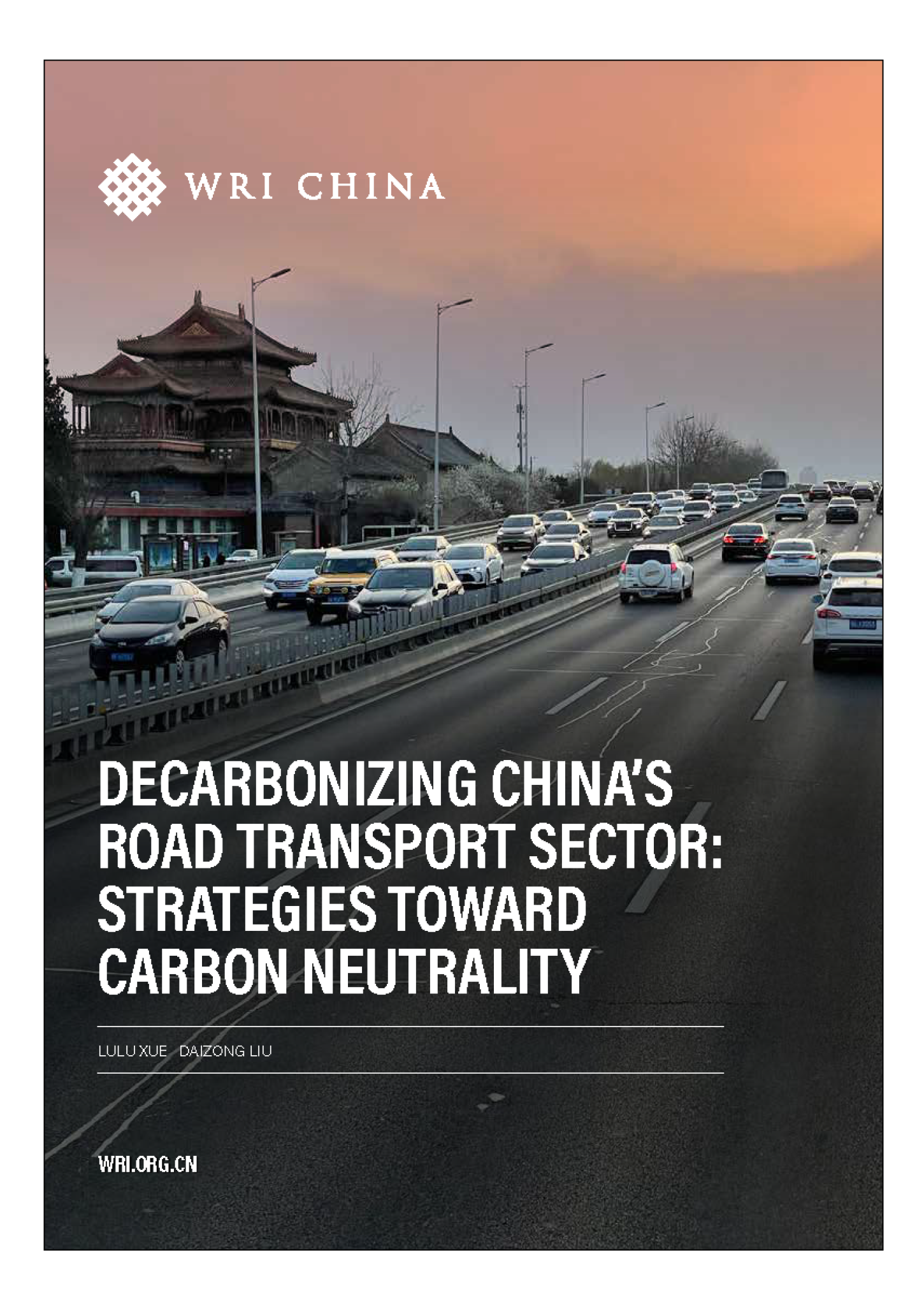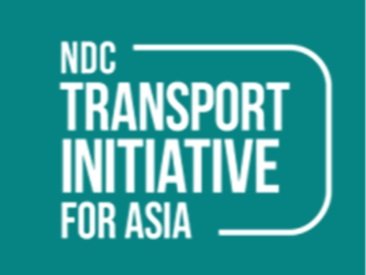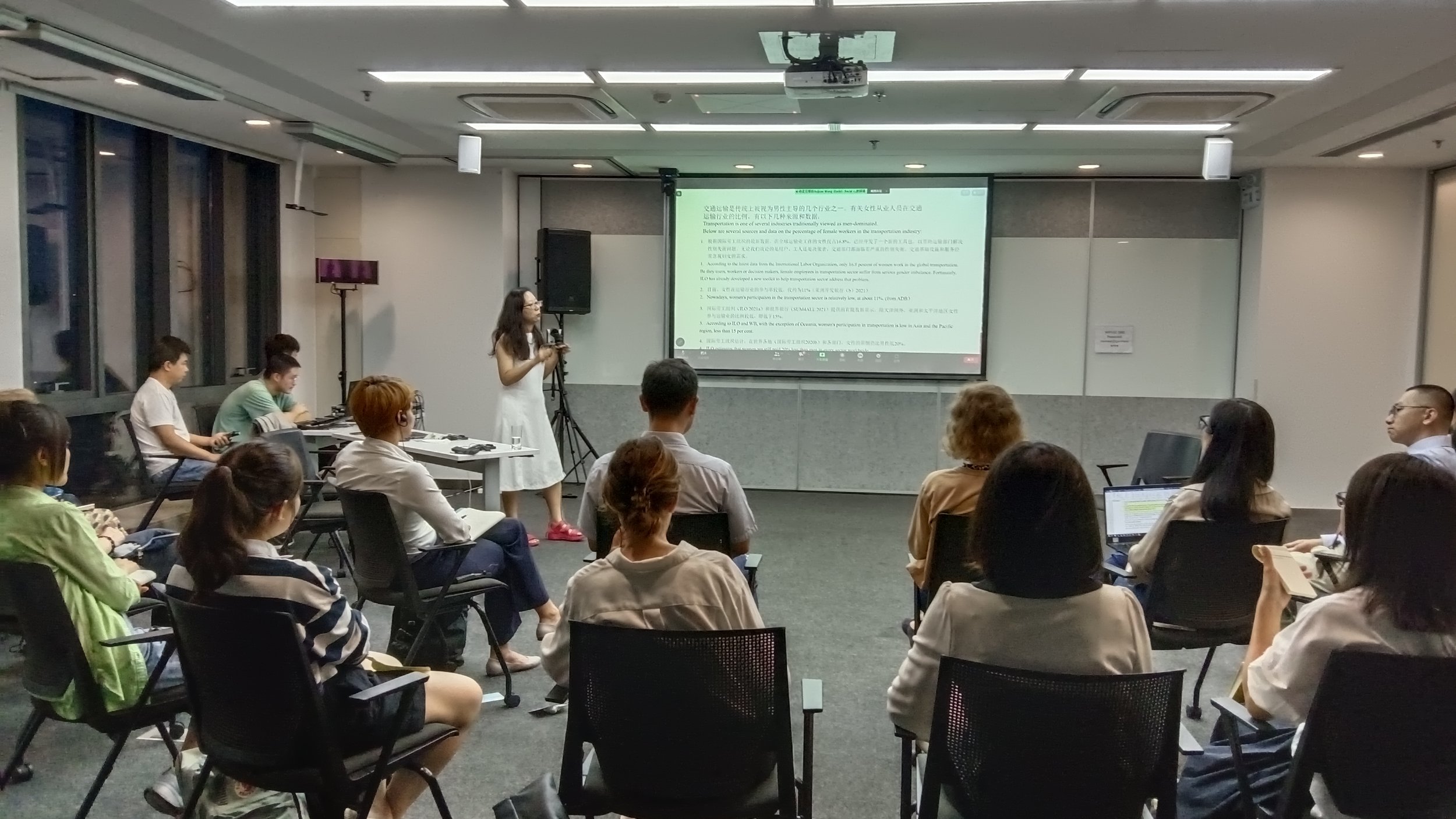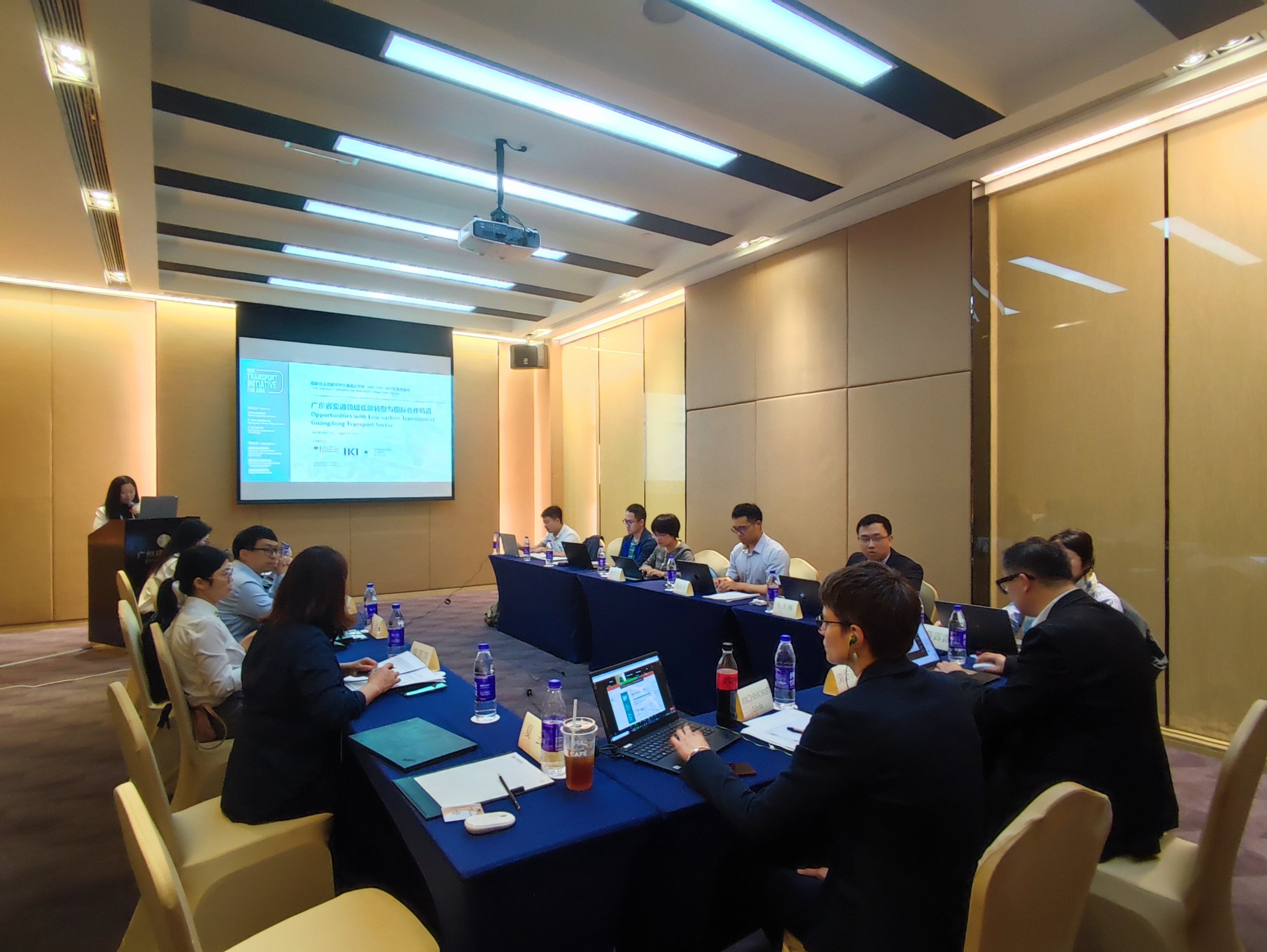
China
Supporting the development of a transport GHG and air pollutants "double peaking" strategy
Air pollution is already a concern for China’s policymakers. With the submission of China's new NDCs , now is the time to update decarbonization goals and increase ambitions.
The NDC-TIA program builds on previous work by consortium partners and engages with ongoing local projects to support the Ministry of Ecology and Environment of the People’s Republic of China and provide high-end technical support for medium- and long-term emissions reductions strategies in the transport sector.
To support implementation of these reduction strategies, the program helps develop a national transport GHG and air pollutants “double peaking” strategy, provides a technical support platform at both national and provincial levels, and improves modelling capacity at the province level.
Strategic Partners
Ministry of Ecology and Environment
National Center for Climate Change Strategy and International Cooperation
Vehicle Emission Control Center
Department of Ecology and Environment of Guangdong Province
Key Outputs
Output 1
China will implement its NDCs and will raise its transport climate ambitions through long-term decarbonization strategies, such as the co-control of GHG and air pollutant emissions.
Output 2
Stakeholders in at least one province jointly commit to developing a greenhouse gas and air pollutant “double peaking” strategy for transport.
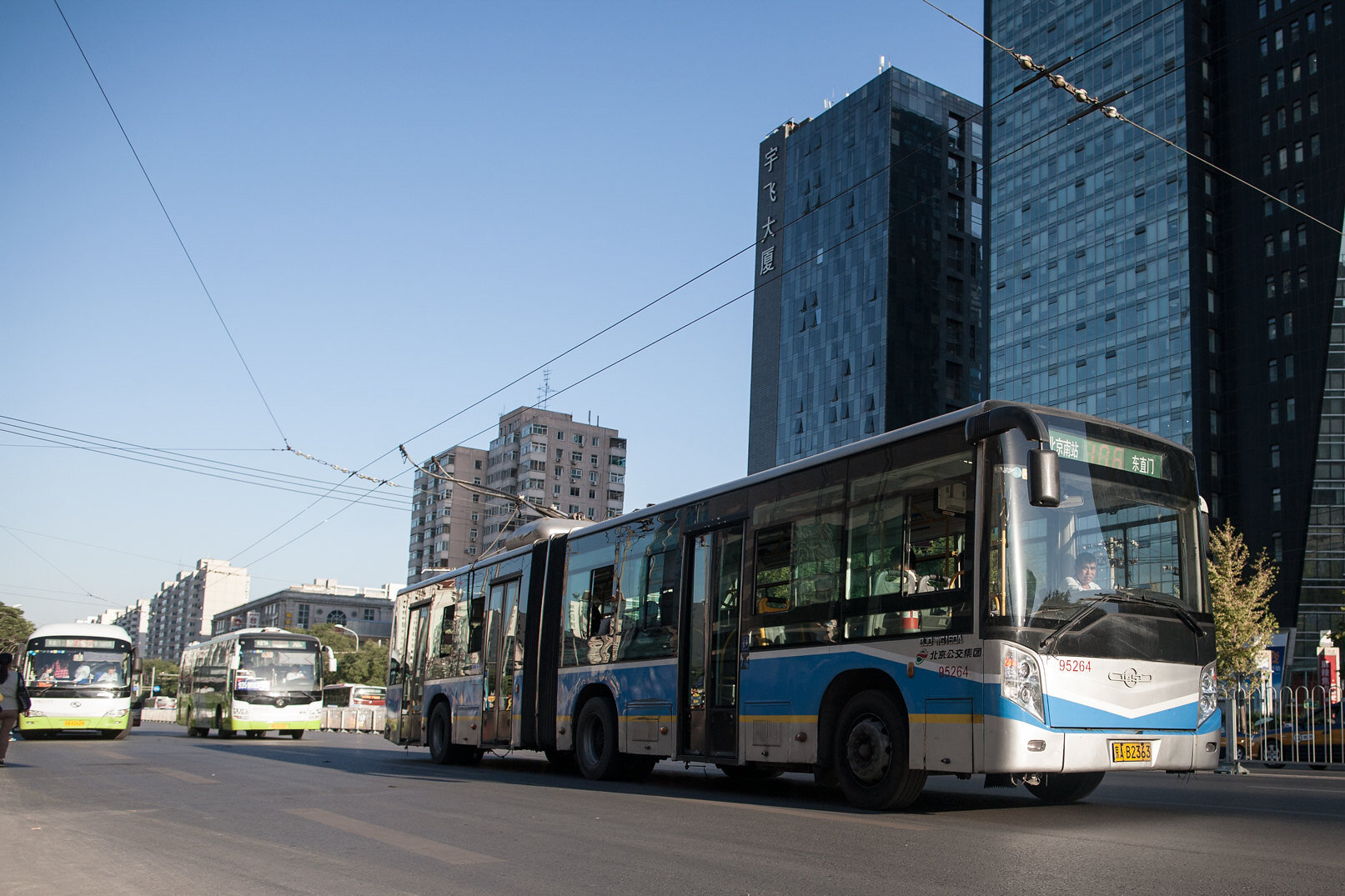
Project Progress
The China component of the NDC-TIA program has conducted in-depth collaboration with local partners and achieved fruitful results.
Progress has not only been aligned with development of China’s GHG and air pollutant emission reduction strategies and major emission reduction policies for the medium and long term, it has also met the demands of the Ministry of Ecology and Environment with regards to project implementation and the orientation of technical research and capacity building at both national and provincial levels.
The stakeholder platform at the national and provincial level was established in 2021 and used for developing the regulatory framework on GHG and transport-related air pollutant emissions.
National Advisory Council
DING Yan, Chinese Research Academy of Environmental Sciences
XU Honglei, Transport Planning and Research Institute Ministry of Transport (TPRI)
CHAI Qimin, National Center for Climate Change Strategy and International Cooperation (NCSC)
LIU Ying, Beijing Transport Institute
ZHAO Lijin, China Society of Automotive Engineers (China SAE)
ZHENG Tianlei, China Automotive Technology and Research Center Co., Ltd.
WU Ye, Tsinghua University
GONG Huiming, Energy Foundation
Provincial Advisory Council
GUO Jie, Transport Development Center, China Academy of Transportation Sciences
MA Dong, Chinese Research Academy of Environmental Sciences
ZENG Xuelan, Guangdong Climate Change Center
LIU Yonghong, Sun Yat-sen University
LIAO Cuiping, Guangzhou Institute of Energy Conversion, Chinese Academy of Sciences
Li Mengyue, Guangdong Transport Planning Research Institute
JIANG Jie, Shenzhen Urban Transport Planning Center
Research
NDC-TIA's China component team provides technical research support to Chinese partners on air pollutants reduction and GHG emission mitigation in the transport sector.
News & Events
NDC-TIA's China component team has established a communication and exchange platform by organizing regular meetings and workshops. As a cooperation mechanism, Chinese partners attend these meetings and workshops to conduct personnel training, receive support on capacity building, engage in policy dialogue, and share project progress and achievements.




